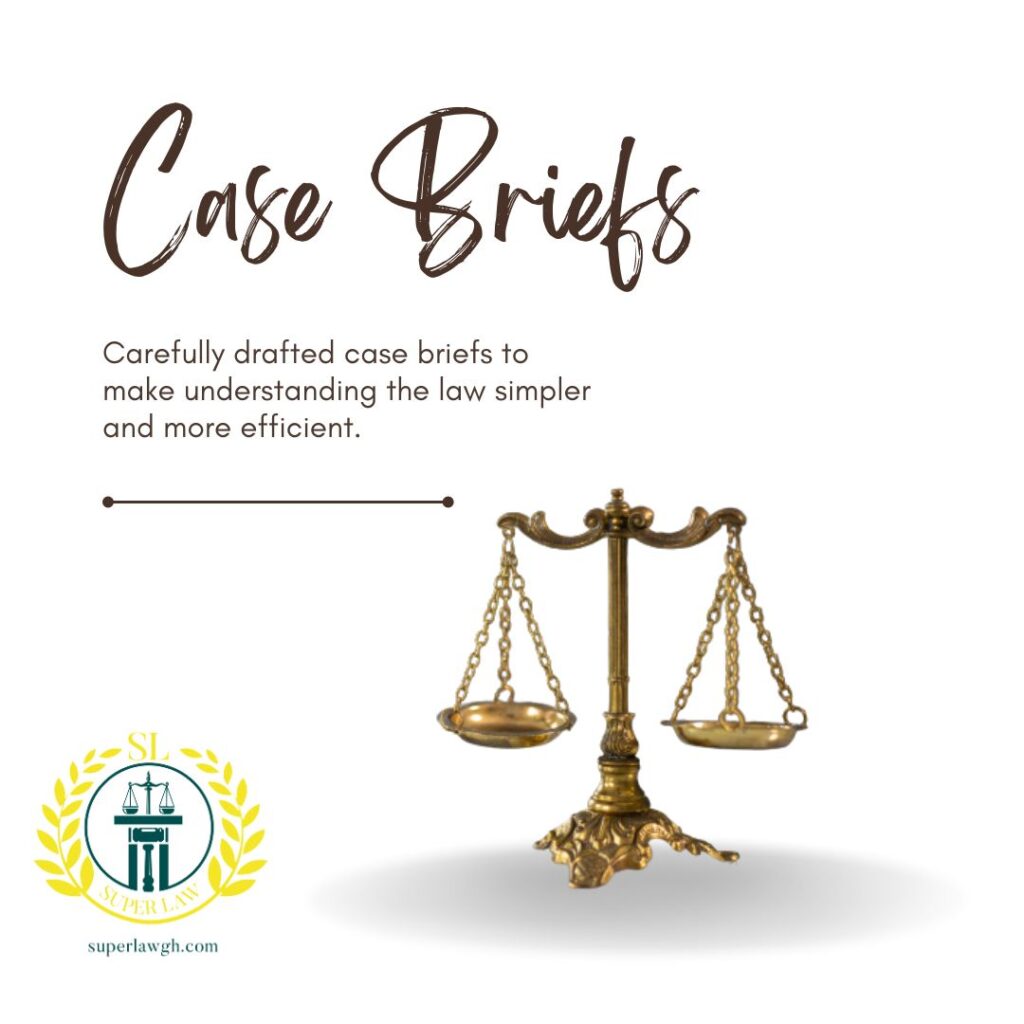Case Brief: Bernstein of Leigh (Baron) v Skyviews & General Ltd
The defendant, Skyviews took aerial photographs of houses and then offered to sell copies of the photographs to residents of the houses. On receiving such offer to buy a photograph of his country house in Leigh, Kent, Lord Bernstein took exception, and turned down the offer and also complained of an invasion of his privacy and requesting the destruction of any negatives or prints of his house. Unfortunately, his letter of complaint was answered by an 18-year-old who had just joined Skyviews. She replied by offering to sell Lord Bernstein the negative of his house. This led to another letter of complaint, in the absence of an answer to which, Lord Bernstein began legal proceedings. His claim, in the main, was that Skyviews had committed the wrong of trespass by flying over his land without permission. He relied on the latin expression “cujus est solum ejus est usque ad coelum et ad inferos”.
Griffiths J, however, dismissed the claim, finding that Skyviews had not interfered with Lord Bernstein’s property right. He held that before a trespass could be established in relation to a land owner’s rights in the airspace, a balance should be struck between the ordinary usage requirements of the land and the right of the public to use the skies for modern scientific advancement, also pointing how absurd it would be for a trespass to be deemed to have been committed every time a satellite crosses the sky. .
Quote:
I can find no support in authority for the view that a landowner’s rights in the air space above his property extend to an unlimited height In Wandsworth Board of Works v. United Telephone Co. Ltd.,12 Bowen L.J. described the maxim, usque ad coelum, as a fanciful phrase, to which I would add that if applied literally it is a fanciful notion leading to the absurdity of a trespass at common law being committed by a satellite every time it passes over a suburban garden. The academic writers speak with one voice in rejecting the uncritical and literal application of the maxim.
The problem is to balance the rights of an owner to enjoy the use of his land against the rights of the general public to take advantage of all that science now offers in the use of air space. This balance is in my judgment best struck in our present society by restricting the rights of an owner in the air space above his land to such height as is necessary for the ordinary use and enjoyment of his land and the structures upon it, and declaring that above that height he has no greater rights in the air space than any other member of the public.
Case Brief: Bernstein of Leigh (Baron) v Skyviews & General Ltd [1978] QB 479


